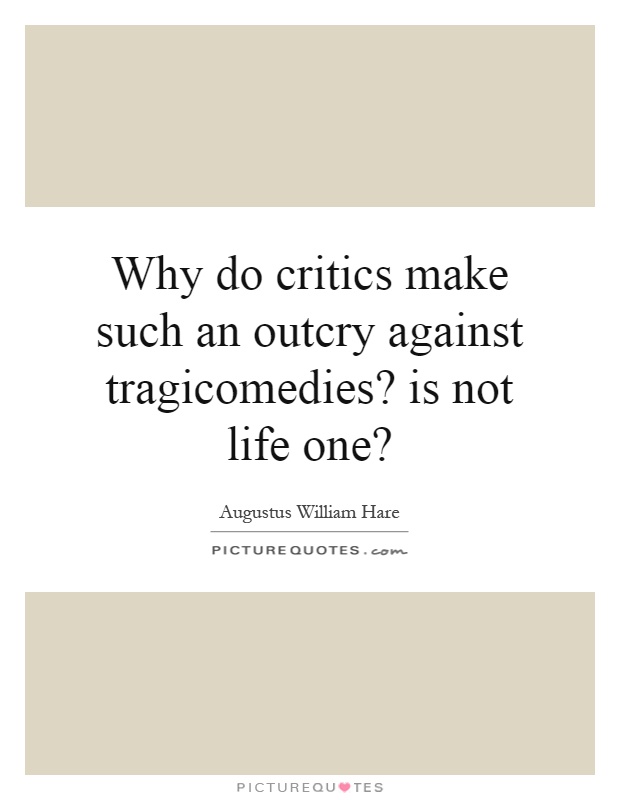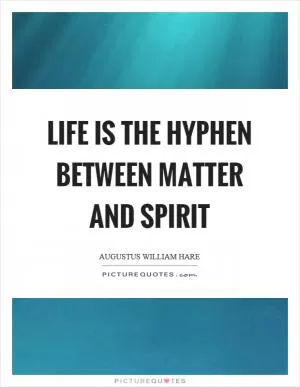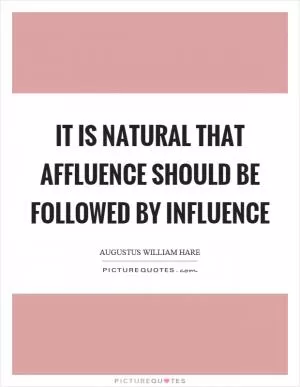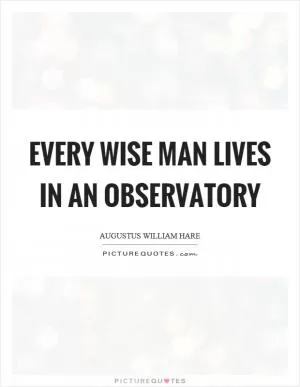Why do critics make such an outcry against tragicomedies? is not life one?

Why do critics make such an outcry against tragicomedies? is not life one?
Augustus William Hare, an English clergyman and writer, once posed the question, "Why do critics make such an outcry against tragicomedies? Is not life one?" This thought-provoking statement challenges the traditional boundaries of literary genres and questions the very essence of human existence.Tragicomedies, as a genre, blend elements of tragedy and comedy to create a unique and often complex narrative that reflects the complexities of life itself. Critics may argue that tragicomedies lack the depth and seriousness of pure tragedies or the light-heartedness of pure comedies, but Hare's question forces us to consider whether life itself fits neatly into one category or the other.
Life is a mixture of joy and sorrow, laughter and tears, success and failure. It is a series of ups and downs, twists and turns, that can leave us feeling both elated and devastated in the span of a single day. Just as in a tragicomedy, life is a blend of contrasting emotions and experiences that shape who we are and how we navigate the world around us.
Critics may resist the idea of tragicomedies because they challenge the traditional conventions of storytelling and force us to confront the messiness and unpredictability of life. Tragicomedies do not neatly fit into a box or adhere to a strict formula, which can make them difficult to categorize and critique. However, it is precisely this ambiguity and complexity that makes tragicomedies so compelling and reflective of the human experience.










 Friendship Quotes
Friendship Quotes Love Quotes
Love Quotes Life Quotes
Life Quotes Funny Quotes
Funny Quotes Motivational Quotes
Motivational Quotes Inspirational Quotes
Inspirational Quotes